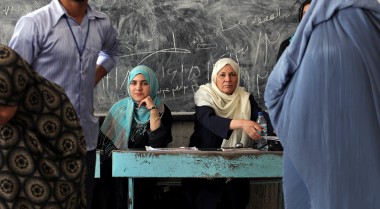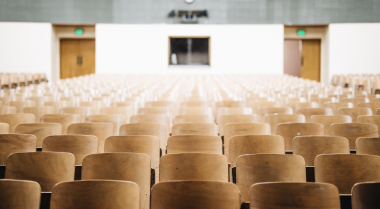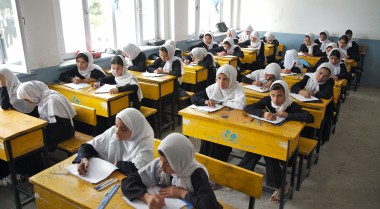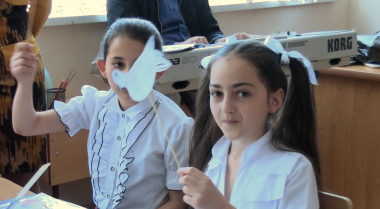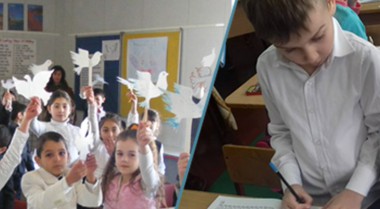
Peace Education
Learning to live together has become increasingly important in today's divided world. Fear of the other and the rise of populism are causing societies to fracture from within. History teaches us that these tensions can lead to violent conflicts. However, compassion and empathy for the other can be taught and nurtured. Education is the key. The line of education that leads to more peaceful societies is known under different labels in different parts of the world, however the impact remains the same: the prevention of violent conflict. Peace education is a preventive action.
Challenges and Opportunities
Education for peace is important in fragile contexts. It can help children deal with the trauma of war, manage and address conflicts and build dialogue processes for enhanced understanding of "the other". It is equally important in more stable societies, like in the Netherlands, where a recent influx of refugees has fuelled negative feelings towards migrants and inter-community tensions are having a harmful impact on the social fabric of society. Or in Australia, where the emphasis is on social cohesion and building a successful multicultural society out of significant cultural and religious diversity. Evidence suggests that such an approach can contribute to reducing racism, discrimination and prejudice.
Our Approach
Since 2006, GPPAC members from all corners of the world have been working together to exchange information, skills, and strategies, on how best to engage and collaborate with key stakeholders in their education systems. They have formed a Peace Education Working Group that has helped support the integration of these core skills into the curriculum requirements (Serbia, Montenegro, Australia, Kyrgyzstan, U.S., Afghanistan), into teacher training (U.S., Philippines, Ukraine, Moldova, Transnistria), and curriculum development for use across countries and regions (Ghana/West Africa, U.S., Kyrgyzstan, Afghanistan). This working group is unique. It brings together civil society, teachers, academia and representatives of Ministries of Education or relevant government agencies, creating a global multi-stakeholder platform. Among other things, this working group has developed a peace education webinar series.
